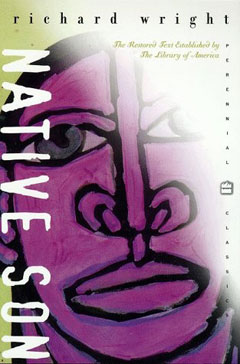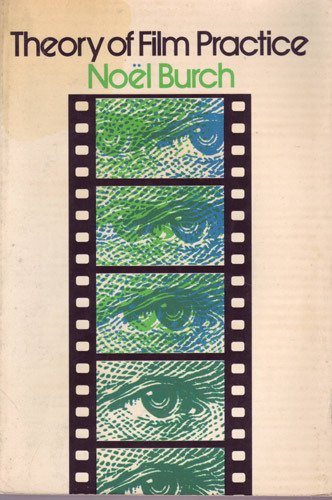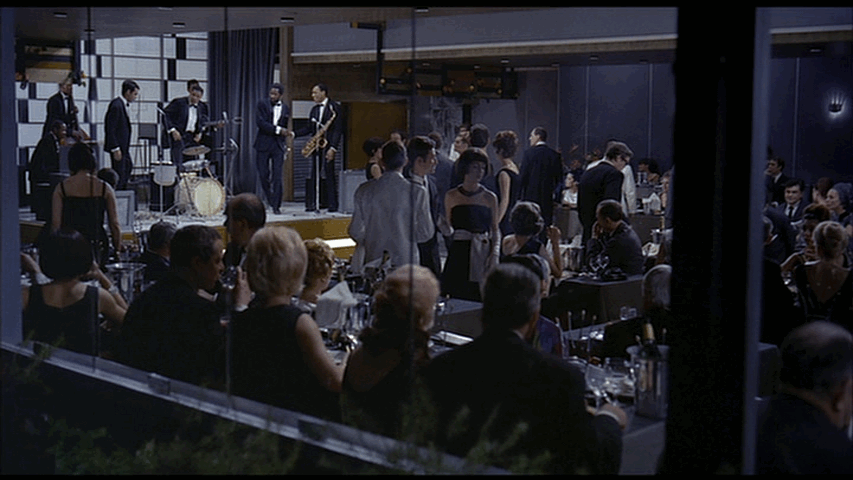
Political incorrectness has a lot to do with what still gives this novel much of its shocking power: the fact that Richard Wright refuses to make Bigger Thomas sympathetic or his crimes in any way excusable, even though he understands perfectly and very cogently how and why this character can murder as readily as he does— not only a white philanthropist’s daughter, whom he accidentally smothers, but also Bigger’s own girlfriend, whom he kills with a brick quite deliberately, almost immediately after they have sex. Recently reading this 1940 Chicago novel for the second time, I was reminded of both Dostoevsky and Camus (even though, novelistically speaking, Wright is miles ahead of L’Étranger). There’s something schizophrenic as well as dialectical about the way Wright can grasp the thought processes of his primitive young hero and then can offer a lengthy intellectual discourse about those processes. Eventually the communist discourse and arguments in the book’s second half drown out Bigger’s identity, but the way Bigger himself is allowed to dominate the discourse in the first half is the book’s unambiguous and terrifying triumph. Read more

I urge any Chicagoans reading this post to rush out and see this local stage production (and world premiere), the most exciting piece of theater I’ve ever seen in this city. But I’m sorry to say that the only illustration I can access on the Internet and reproduce here is the above image, which is what’s used in the ads. [Postscript, 2/9: Lara Goetsch, TimeLine’s director of marketing and communications, has subsequently sent me four of her own photos of the production; my two favorites are reproduced below.] This isn’t bad when it comes to dealing thematically with Masha Obolensky’s play (which is about the creative processes involved in playwriting—specifically, about the processes by which real-life playwright Sophie Treadwell turned the 1927 murder case and execution of Ruth Snyder into a very successful expressionist play, Machinal, produced on Broadway with Zita Johann and Clark Gable in 1928), which bears a certain relationship to David Cronenberg’s film of Naked Lunch. (Admittedly, Cronenberg’s politically incorrect and highly idiosyncratic adaptation of William S, Burroughs is a far cry from Obolensky’s feminist play when it comes to comes to sexual politics; but even so, what this play and this film does with typewriters as pivotal props in relation to transformations between real life and fiction does seem comparable.) Read more
From the Village Voice (February 28, 1974). -– J.R.

Theory of Film Practice
A book by Noël Burch
Praeger, $3.95 and $8.95

“These comments were written before the release of Tati’s ‘Playtime’. Even if they still hold true for films in general, they are not applicable to Tati’s film, the first in the history of cinema that not only must be seen several times, but also must be viewed from several different distances from the screen. In its form, it is probably the first truly ‘open’ film. Will it remain an isolated experiment? Masterpieces somehow eventually assert their authority and become models.”
— “Theory of Film Practice”
It seems oddly appropriate that “Theory of Film Practice” should appear in Cahiers du Cinéma that same year (1967) that “Playtime” opened in Paris, and also that they should arrive in America at approximately the same time. Films that re-define the language and syntax of cinema are rare in any period, and it is hardly surprising that books that do the same are even less common.
Both works, emerging out of years of reflection, stand defiantly apart from the surrounding landscape, inviting us to share that broad perspective. Each offers us a fresh garden of possibilities in the midst of a familiar terrain by drawing us into a kind of creative collaboration that requires, at least implicitly, that we become film makers. Read more




